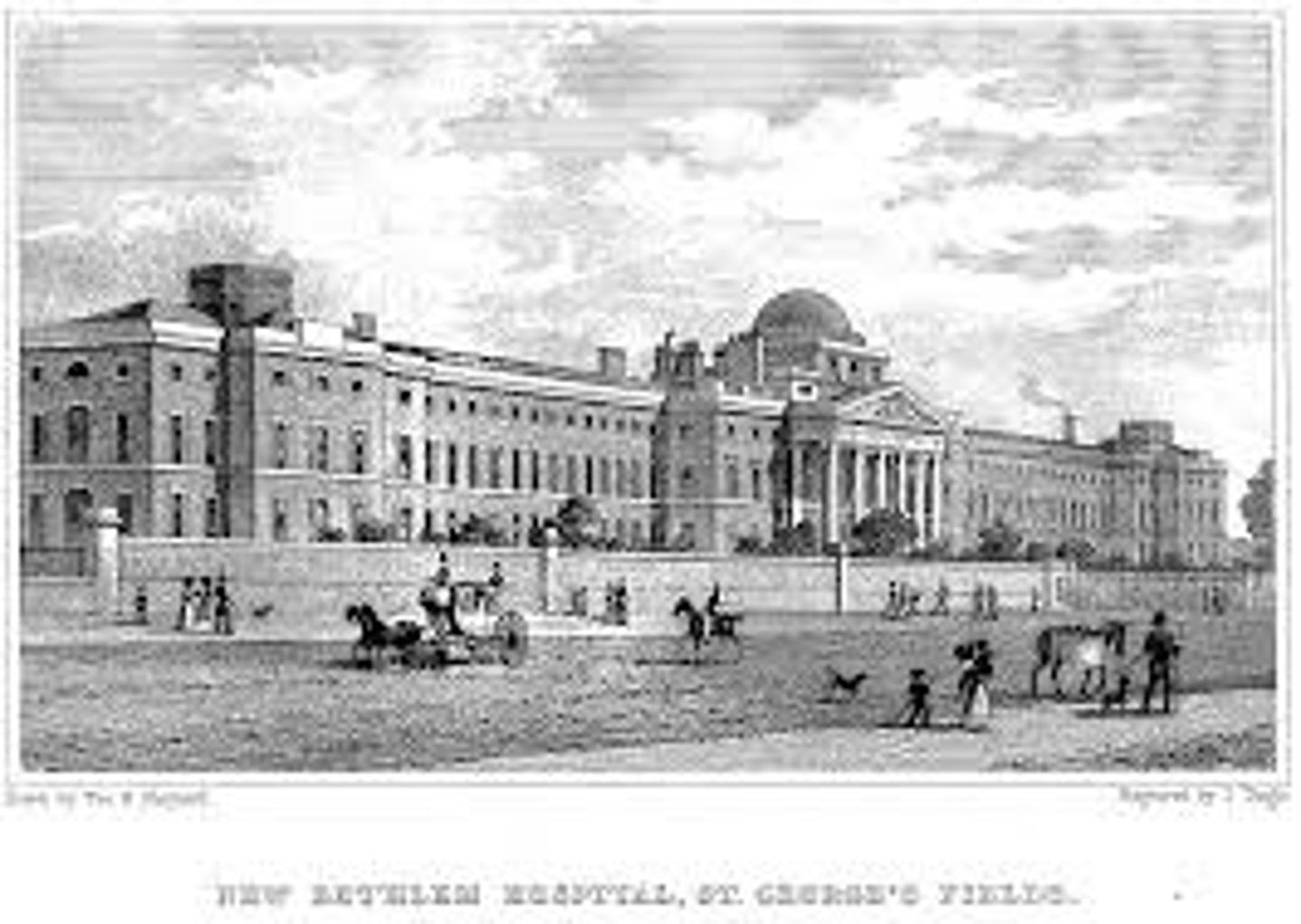Medieval hospitals and monasteries: Medicine stands still, c1000-1500: History: GCSE (9:1)
1/23
There's no tags or description
Looks like no tags are added yet.
Name | Mastery | Learn | Test | Matching | Spaced |
|---|
No study sessions yet.
24 Terms
Hospitality
Welcoming travellers or pilgrims, where the word 'hospitals' came from

Monastery
Abbeys and priories which were associated to the English Church (Roman Catholic). Housed monks / nuns and supported communities throughout England.
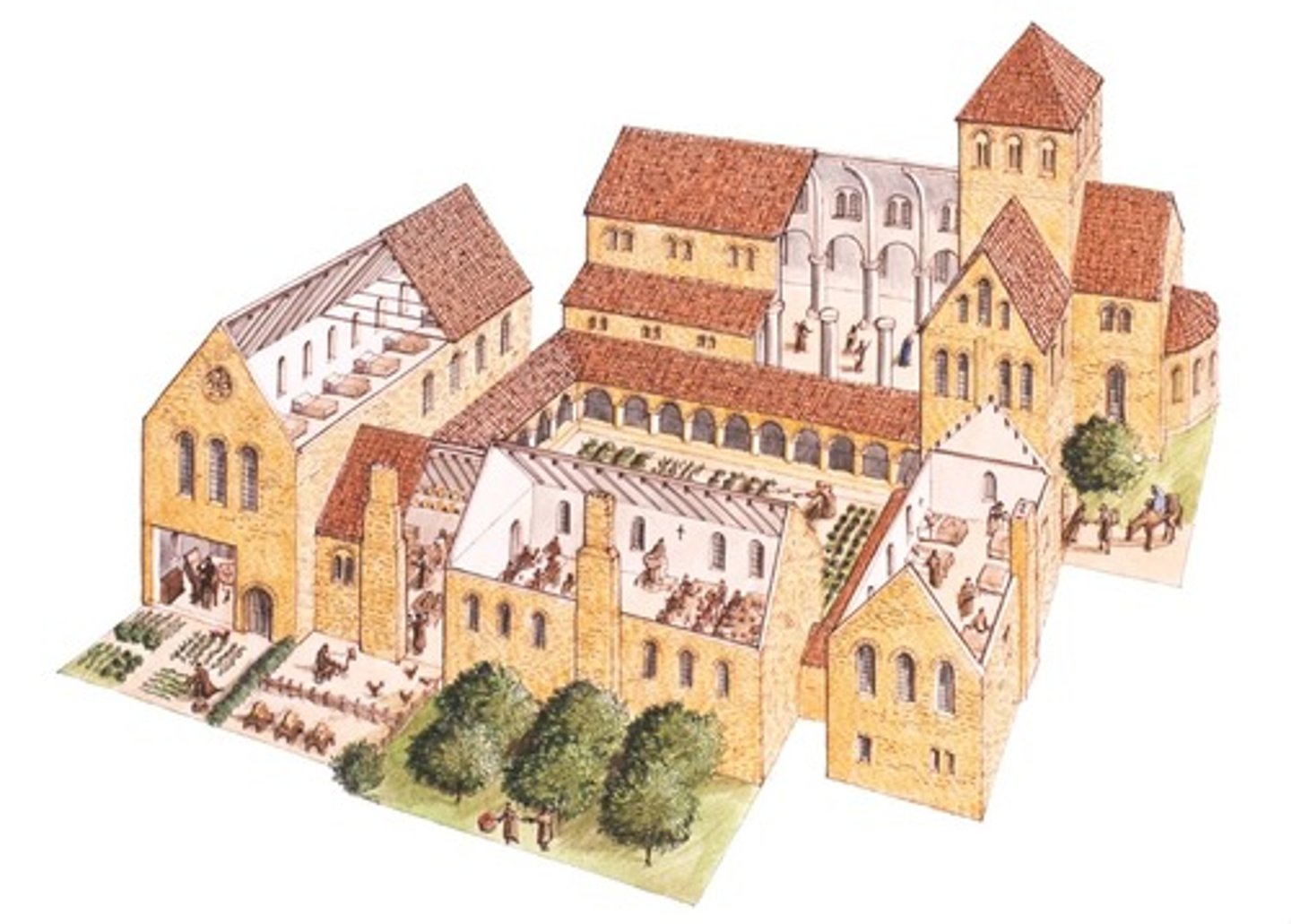
Care not cure
The majority of hospitals in the Middle Ages just looked after people, but did not treat them. They were MOSTLY places where people to go to die, in care, or become well, in care.
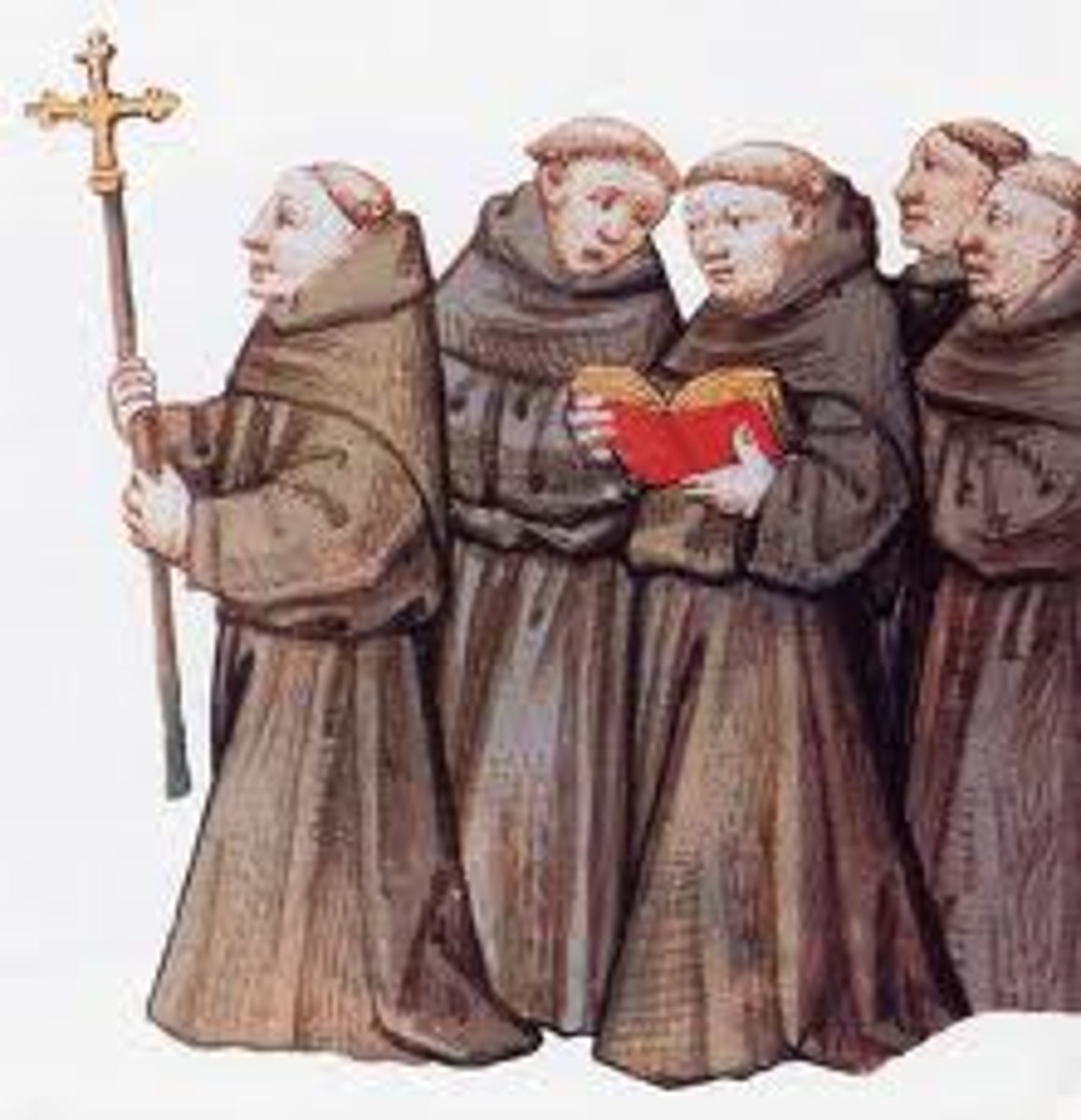
Endowment
Charitable donation used to set up and run a hospital
Prayer
A spirutual communication with God. Typical "treatment" in a medieval hospital
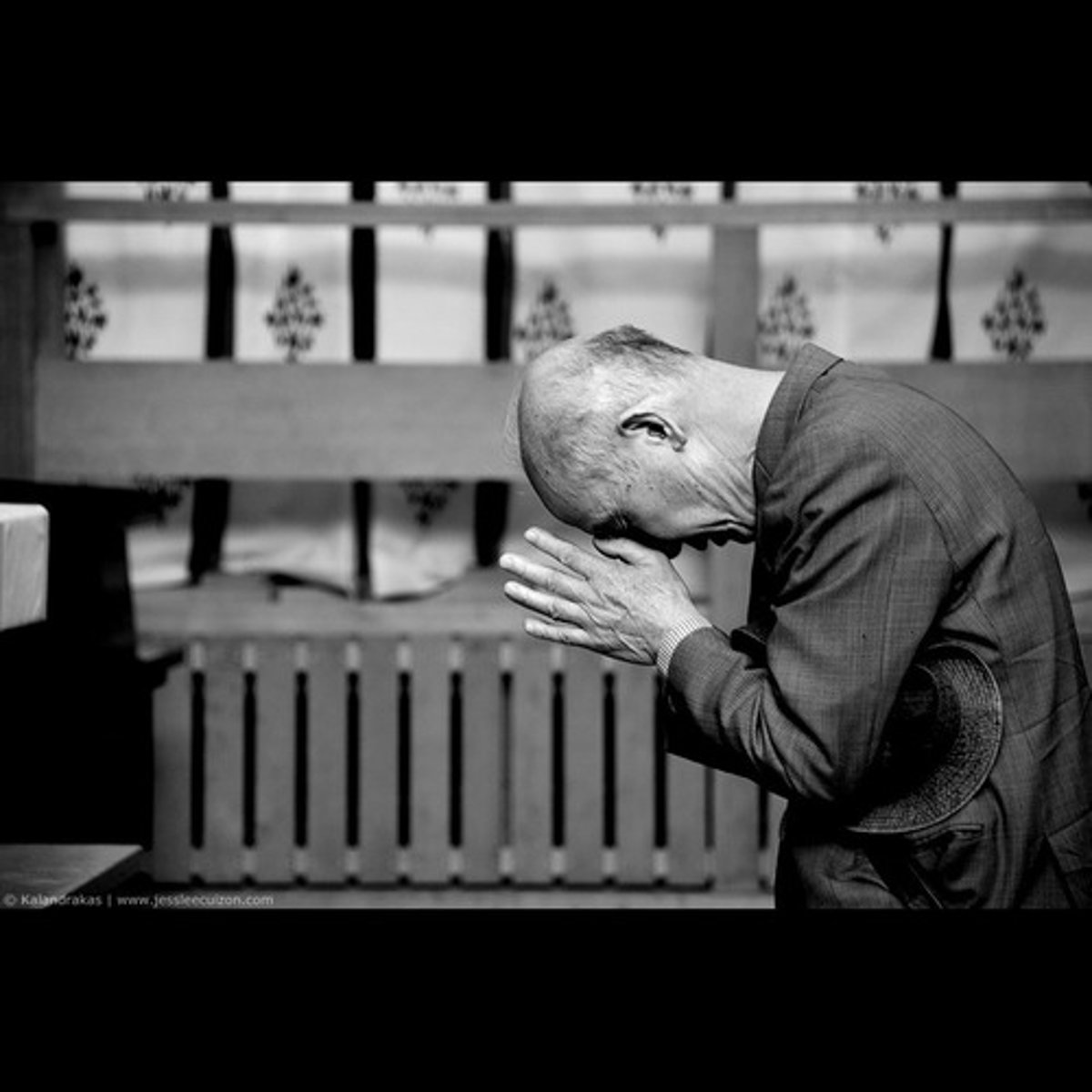
Almoner
Gave food to the poor

Almshouses
Set up to provide a home for the old and help for those who couldn't find work
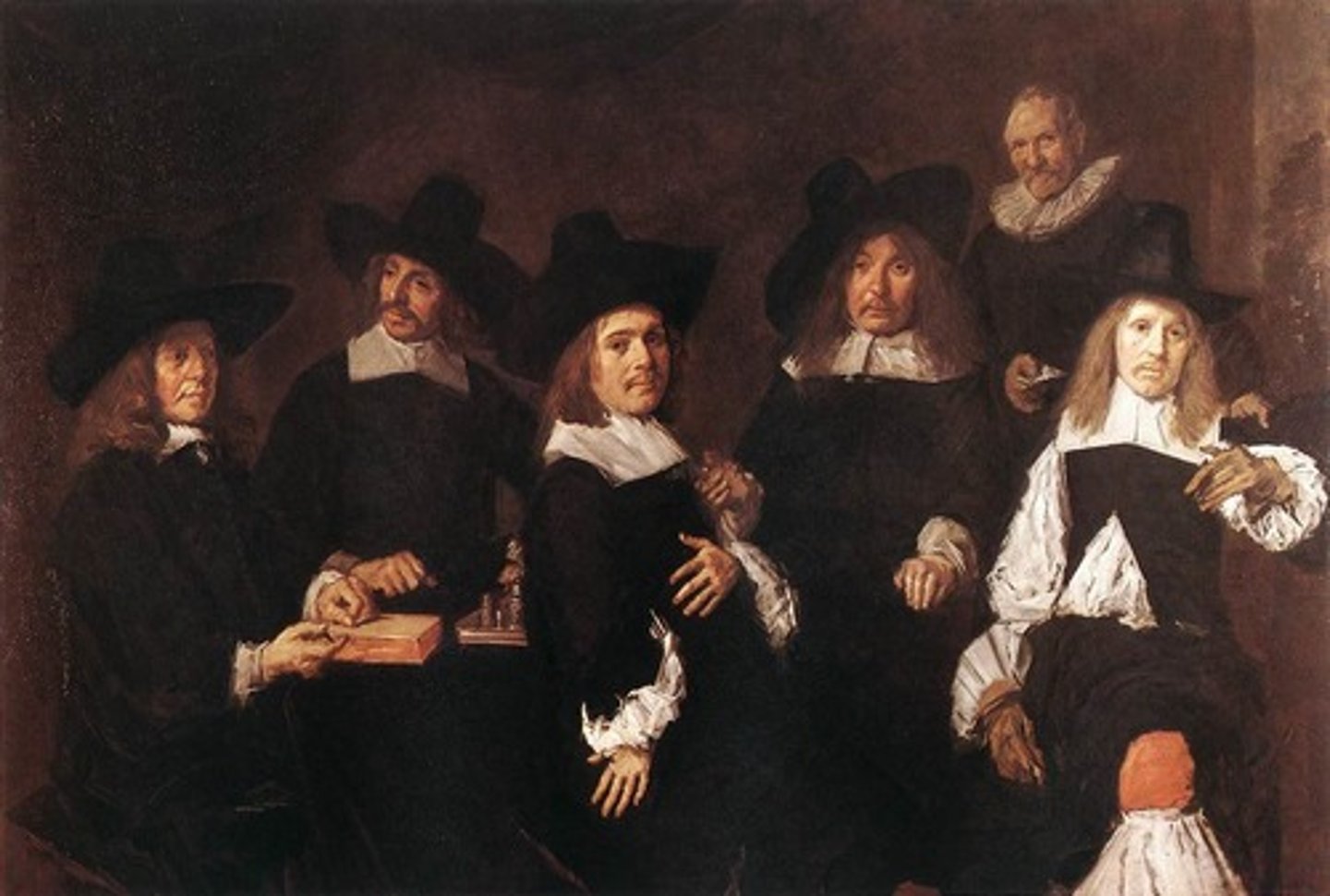
Abbot
Head of the monastery who directed all of the monks
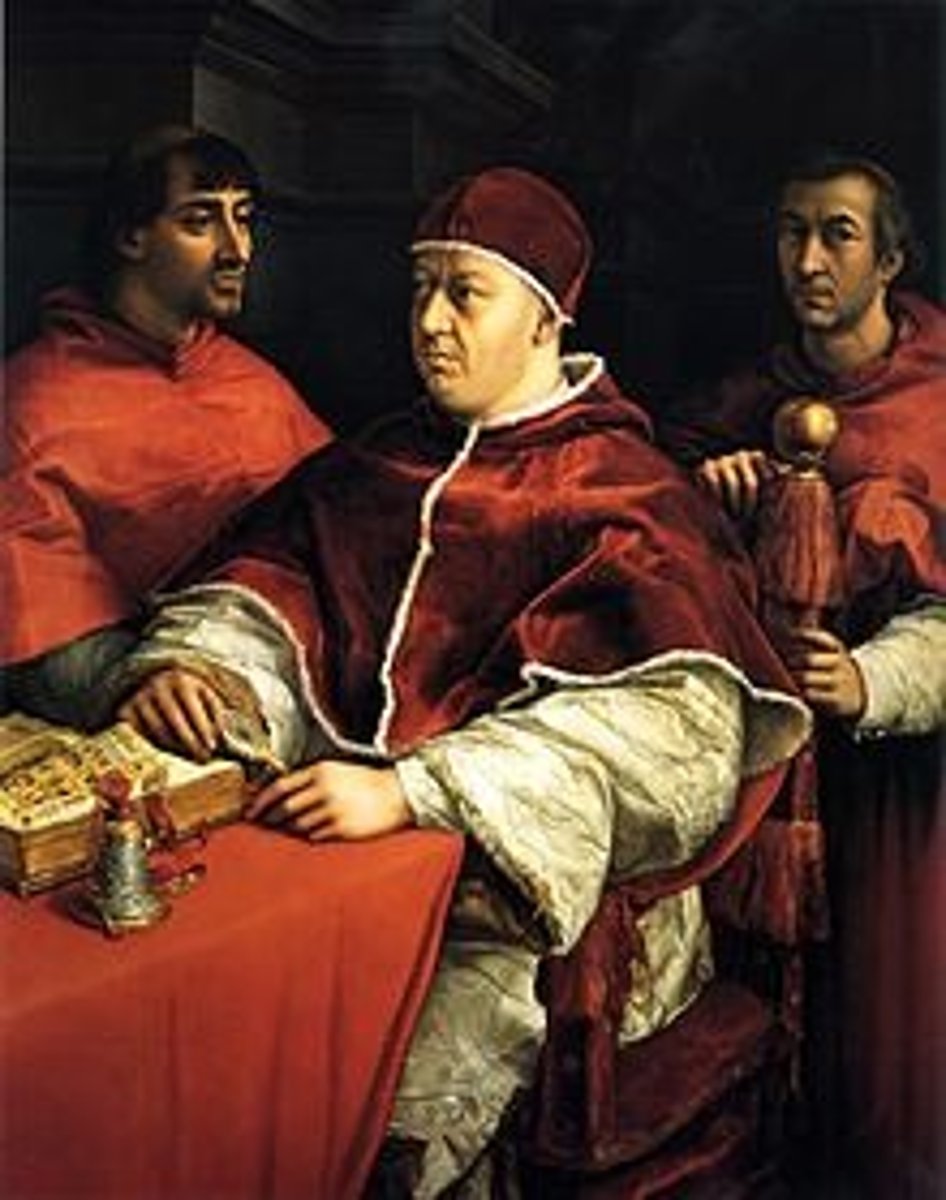
Monk
Monks spent a lot of time praying or completing educated work
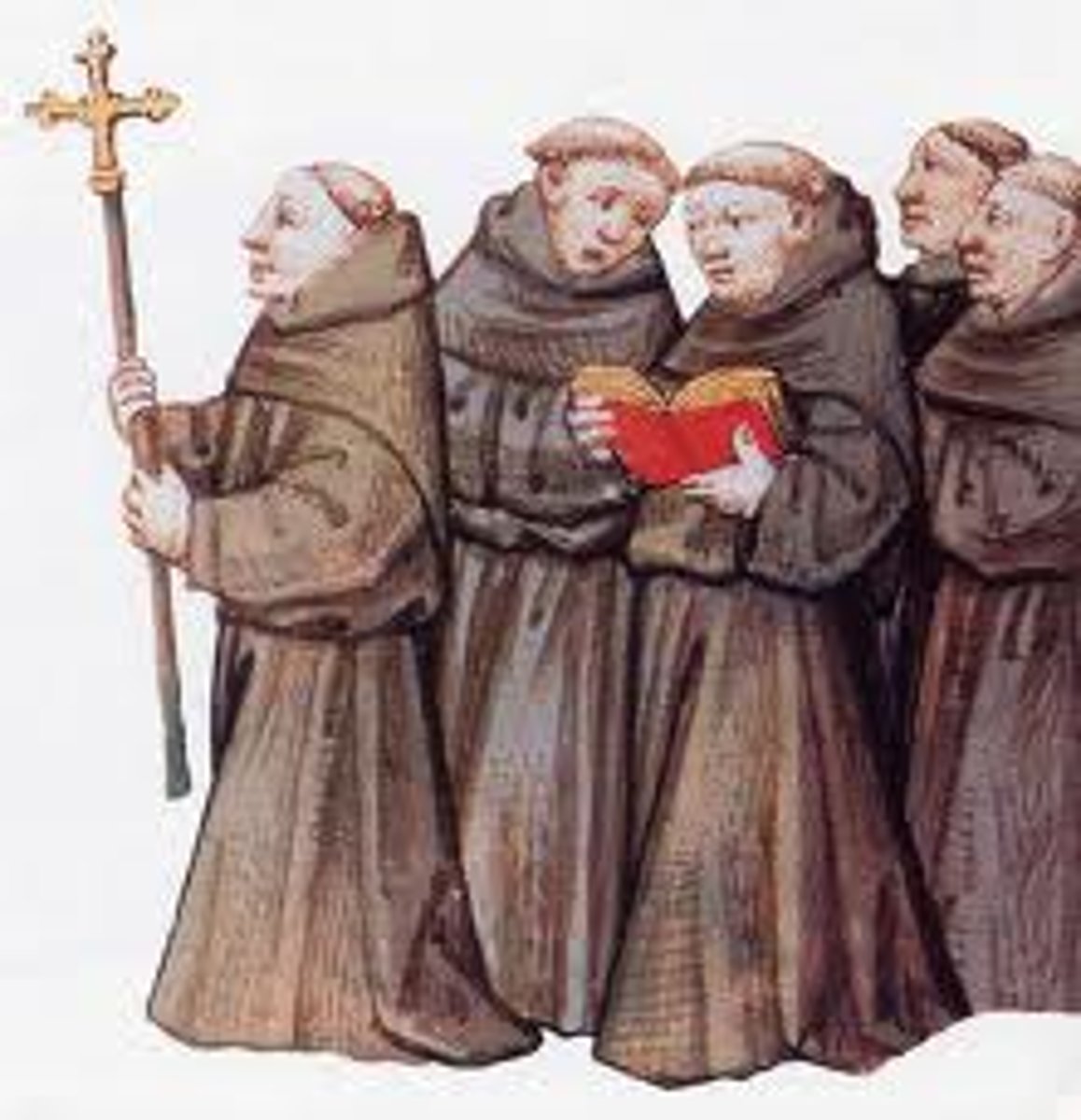
Novice
A trainee monk. They often did labouring or work on the grounds of the monastaries.
Poverty, Chastity, Obedience
3 vows/rules all monks or nuns had to agree to. Poverty (give up all posessions), chastity (no sex, marriage or children) and obedience (obey the orders of God)
The Black Death
When the bubonic/pneumonic plague killed between 75-200m people globally, between 1348-49
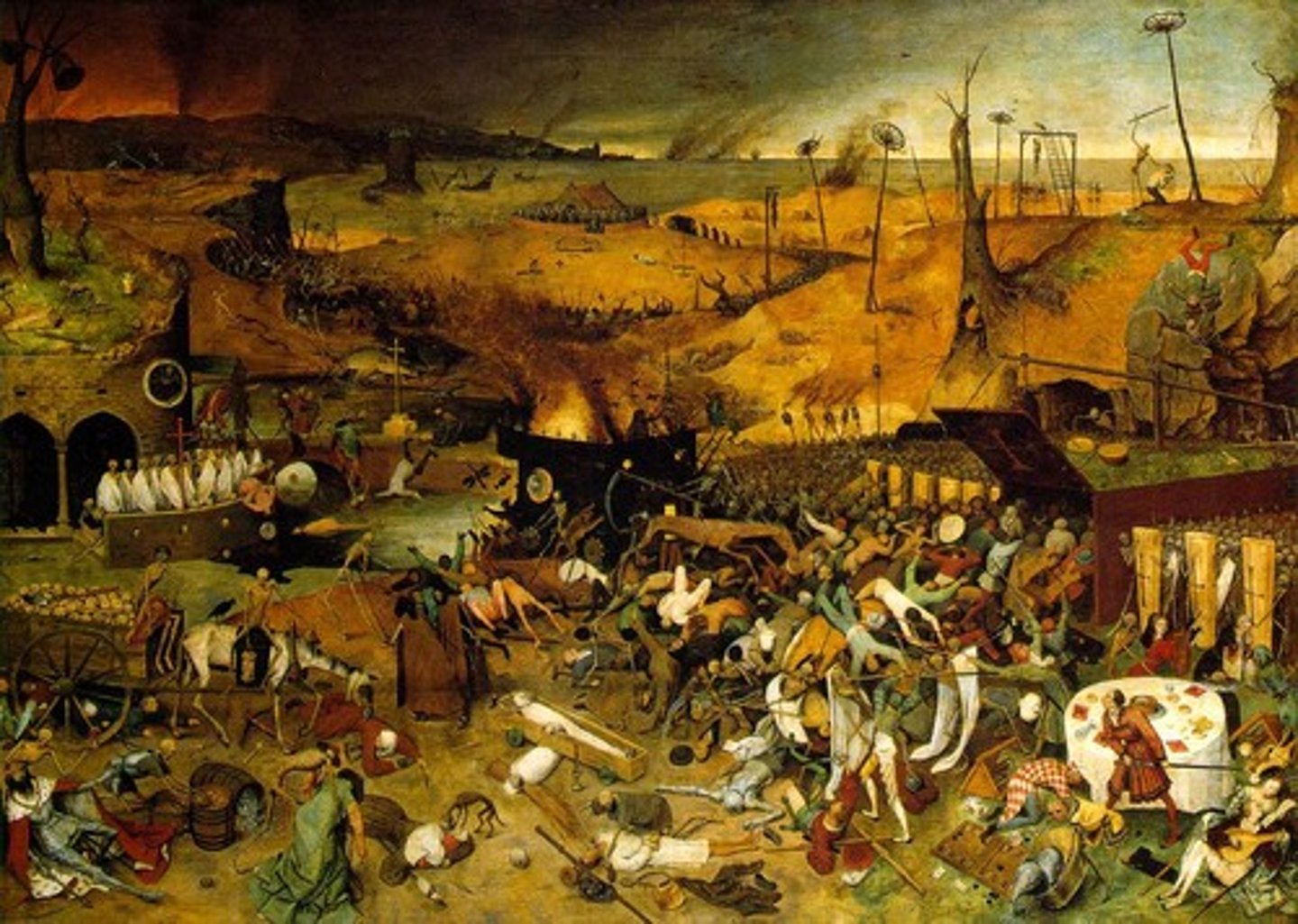
Monastic responsibilities
Follow vows, help the poor and sick, shelter travellers and educate people
Monastic orders
Benedictine, Cistercians, Augustinians - differents types of monks doing things in a slightly different way
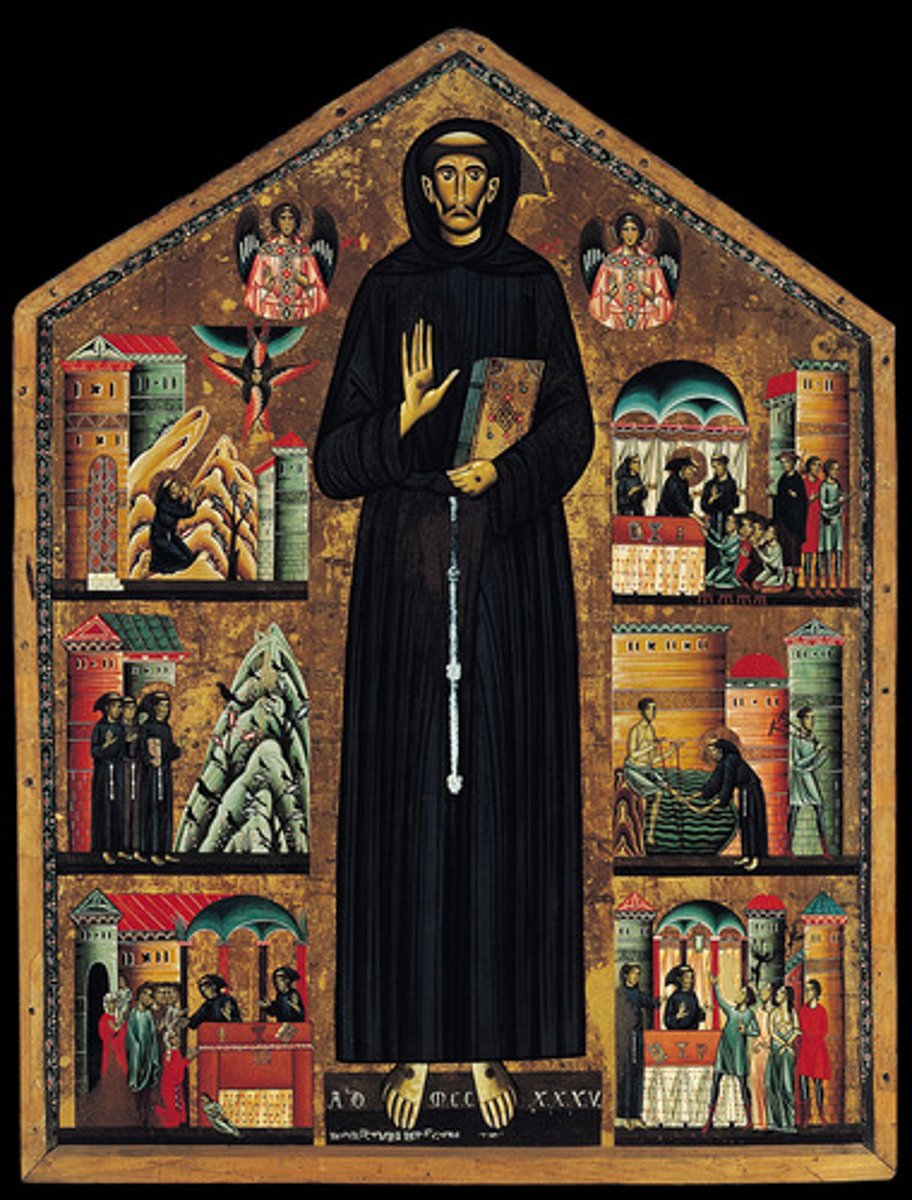
Monastery buildings
Church, almonry, cloisters, refectory, infirmary, dormitory, scriptorium, fruit and veg garden, fields
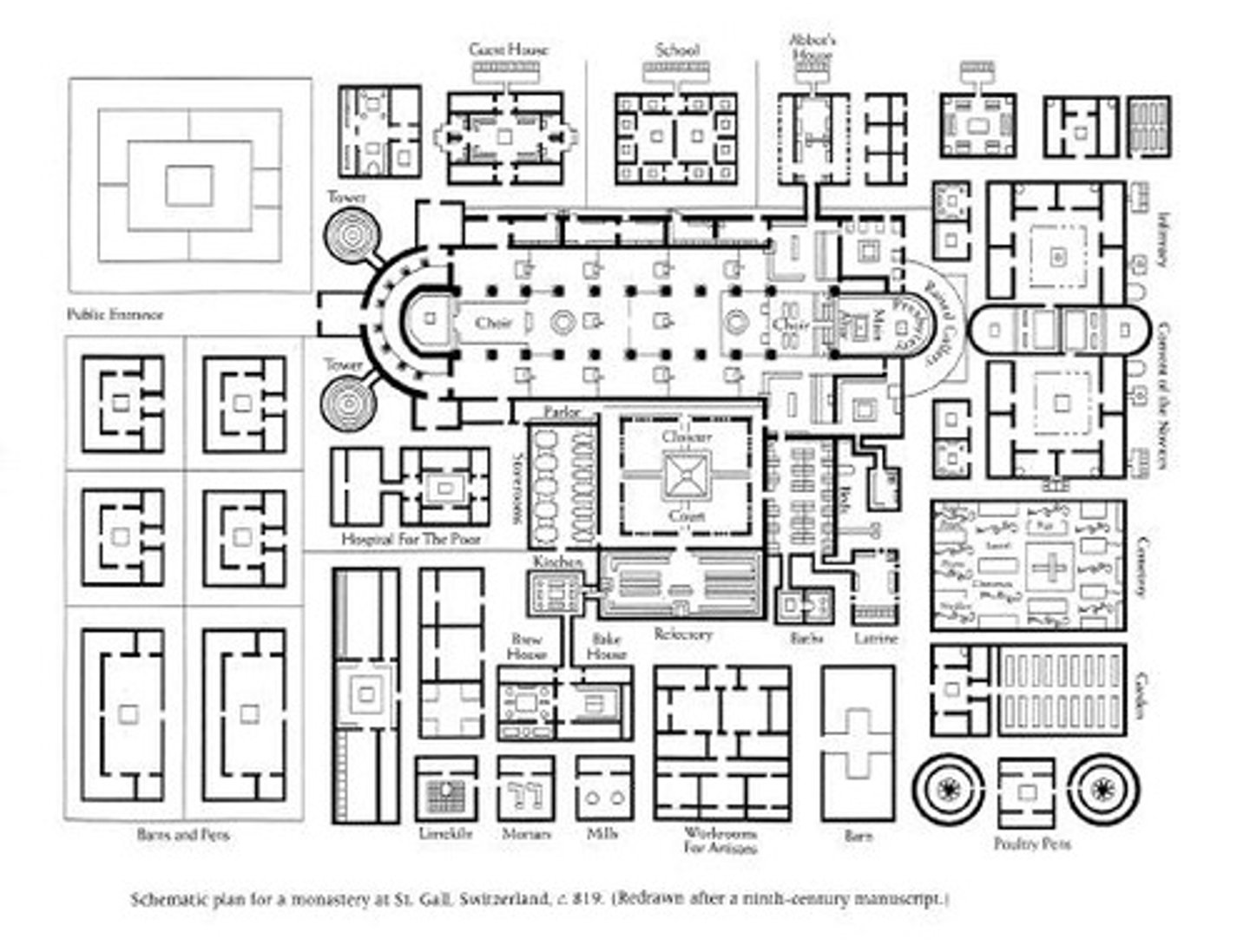
Principal monks
Abbot, infirmarian, sacristan, almoner
New orders
Friars were founded, wandered around preaching and looking after poor and sick, most important were Dominicans (black friars) or Franciscans (grey friars)
Purgatory
A halfway house between Heaven and Hell that is like Hell, but only temporary until sins have been paid for. Only exists in the Catholic Church.

St Giles Hospital
A hospital in Norwich, named after a saint linked to the infirm, lepers and nusring mums, was set up. Bishop Giles had left everything he owned to fund it and got support from others to fund it as payment for his sins, in the hope he would pass through Purgatory more quickly
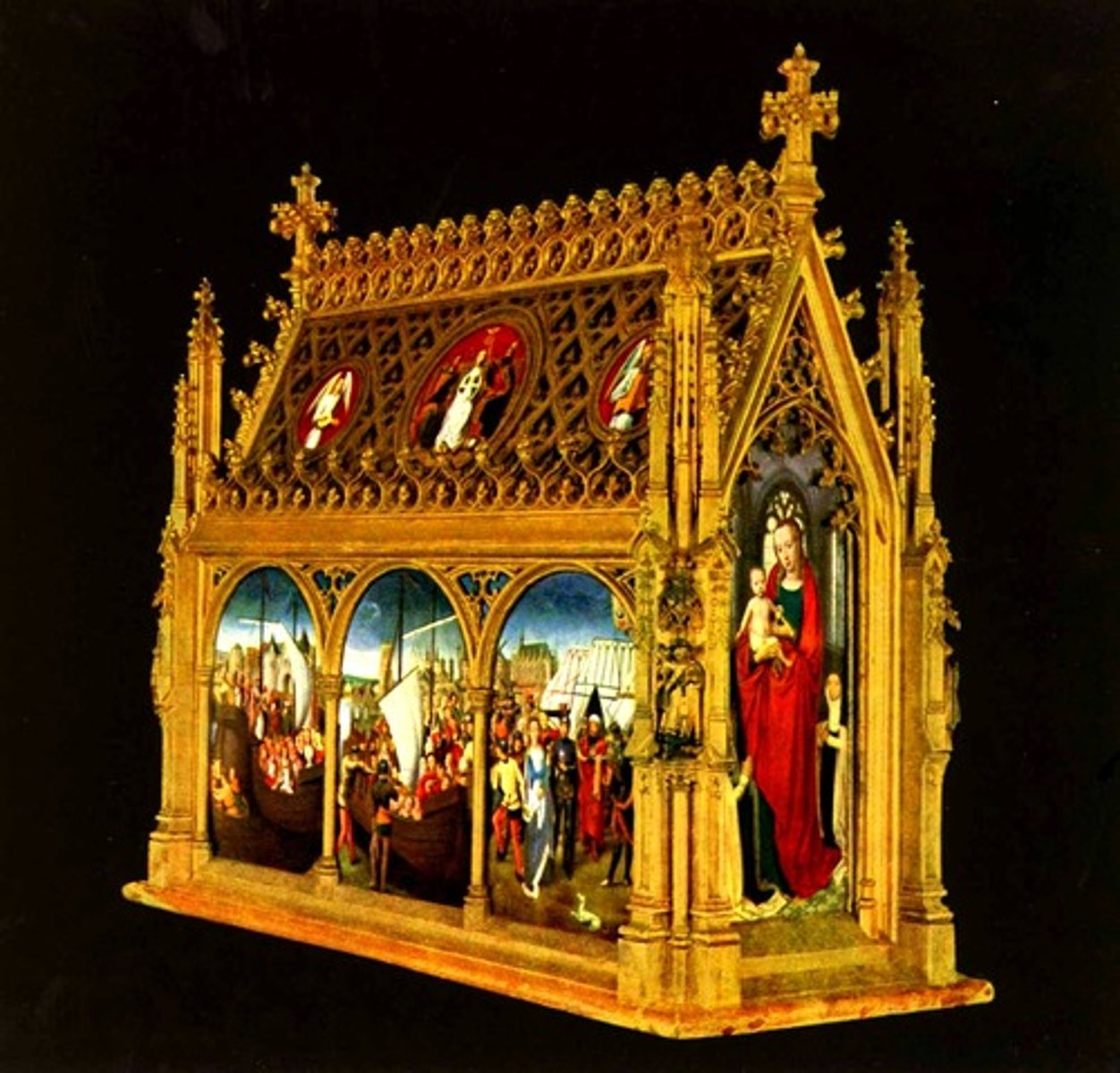
Soutra
A location on the main road from England to Scotland where a hospital set up by Augustine monks existed that shows clear evidence of herbal remedies - challenging the idea of 'care, not cure'
Lazar
Leper houses, usually outside the city/town in order to keep them away from other people
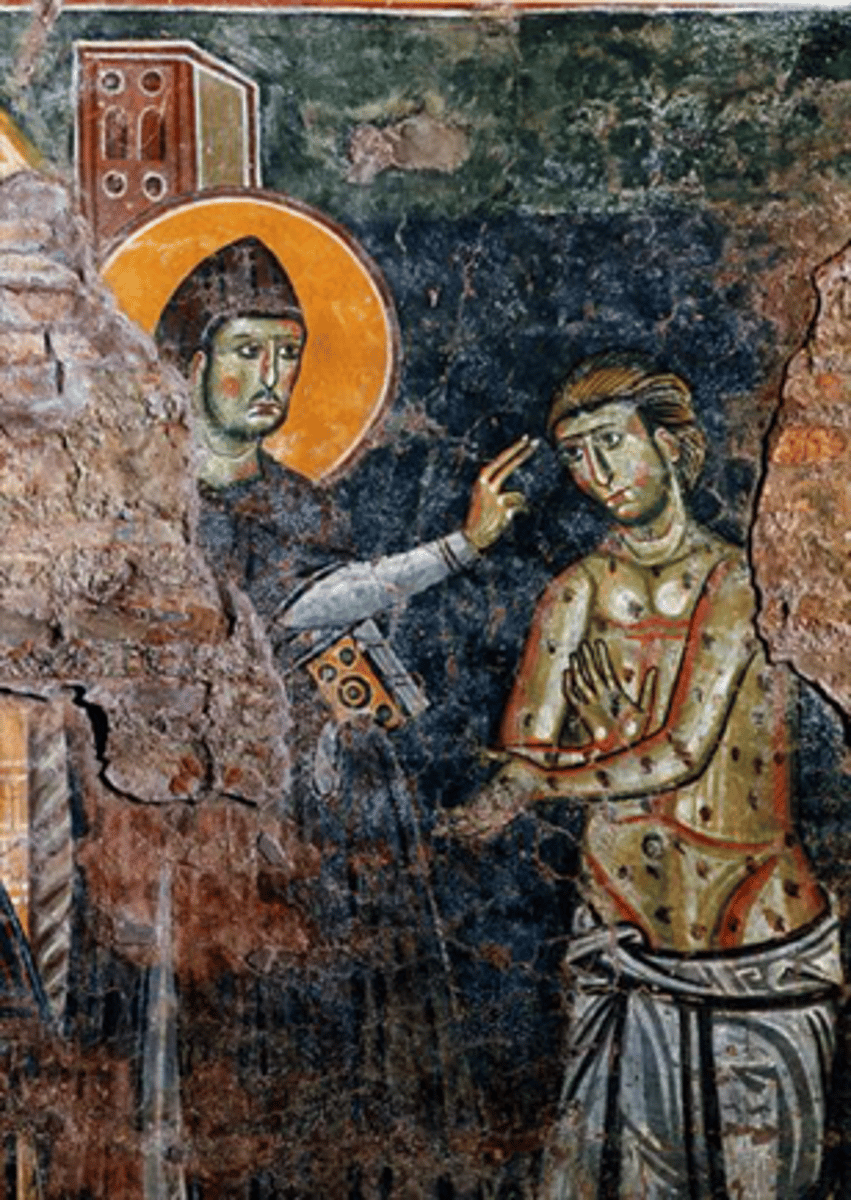
Hospital of St John
This hospital in Bridgewater did not allow lepers, lunatics, pregnant women, young children or anyone who had a known contagious disease
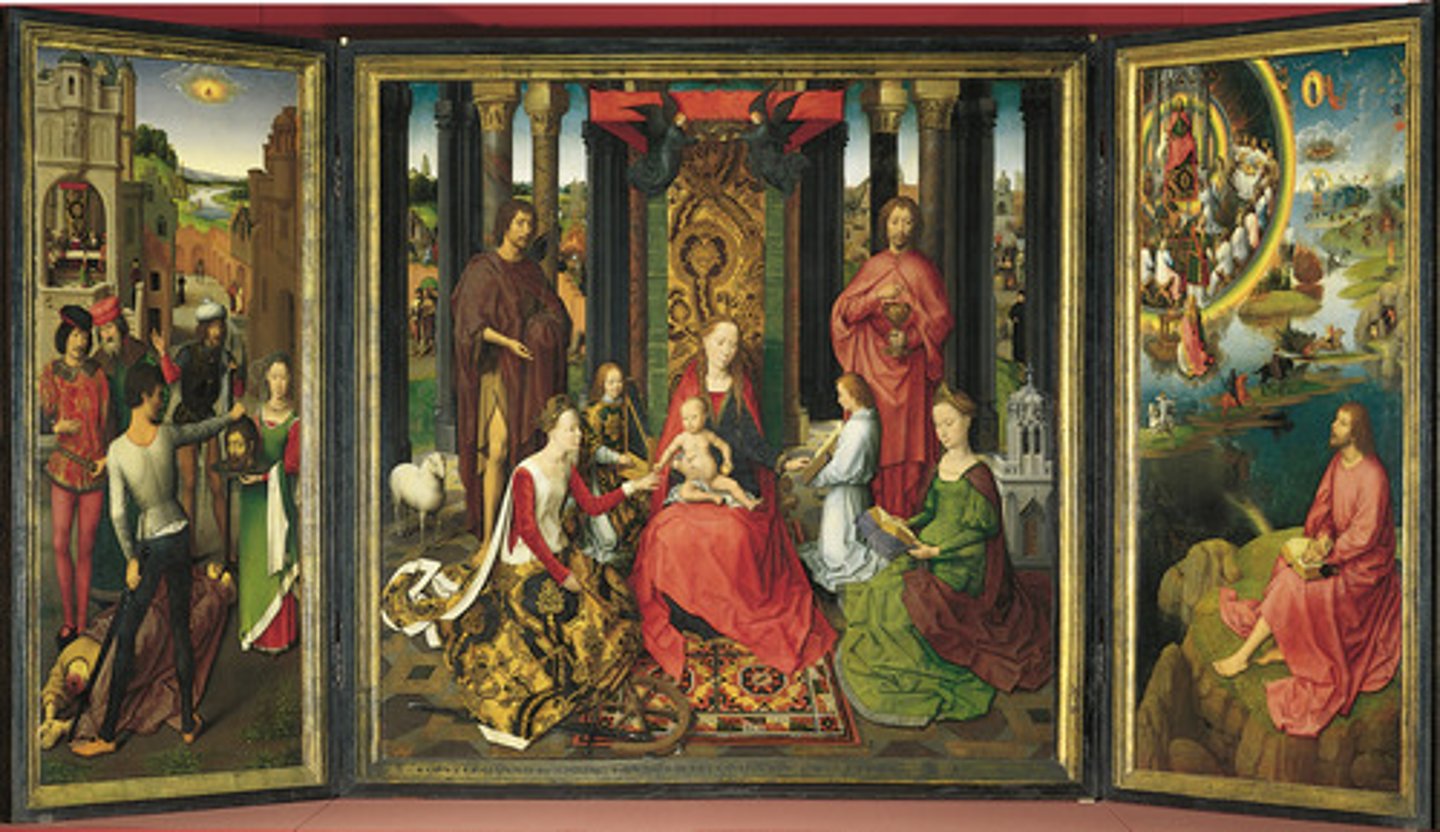
St Bartholomew's Hospital
Set up in London in 1123, it was the first specialised in the treatment of poor, pregnant women
St Mary of Bethlehem Hospital
Established in 1247, specialised in the treatment of 'poor and silly persons'
